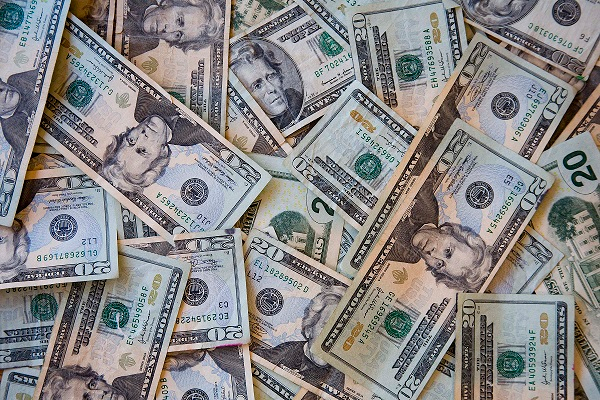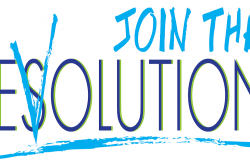By Tyler Graning
With over one-third of the US population ranking as obese, weight loss and fitness programs are in greater demand than ever, and the industry is more than ready to answer this demand. The number of programs isn’t the problem, but rather the somewhat disappointing rate of completion these programs display. Currently, approximately 43 percent of weight loss participants do not complete the programs in which they enroll.
In response to this, researchers have been investigating a variety of methods that might be effective at either increasing or prolonging motivation. Illustrating the beauty of simplicity, a recent study suggests that a direct monetary reward might be the most promising approach.
The study, conducted throught the Mayo Clinic, shows that participants involved in a weight loss program are more likely to succeed in their efforts when financial incentives are part of the program. Previous studies had also indicated such results, but this most recent project is unique enough in it’s size and scope to warrant greater attention.
Researchers first obtained a total of 100 participants, all of whom were classified as obese by BMI measurement. The subjects were then divided into four groups, two who received cash incentives, and two who did not. All participants were then presented with the same objective: lose four pounds a month, every month, for one year.
The two incentivized groups were rewarded with $20 for every month that they reached their goal. On the other hand, if they failed to lose four pounds, they were charged a $20 penalty. All of these were collected as a lottery, to be awarded to one lucky participant who completed the entire year.
The results of this study show great promise for this method. The rate of program completion among the incentivized group stood at a respectable 62 percent, as compared to only 26 percent in the unpaid groups. In addition, the average weight loss in the paid group was significantly higher at nine pounds versus a modest two pound loss in the control group. It was also found that even those who were made to pay penalties over the course of the study were more likely to complete the study than participants whose involvement was strictly voluntary.
With an outcome like that, it’s a wonder why this simple reward program isn’t more common. Programs like the TLS Find Your Fit Fall Challenge may be the simplest, easiest and best solution to the problem of obesity in America. This season’s challenge is paying out a total of $100,000 in cash prizes–our biggest prize purse yet!
No doubt about it–the prospect of being both thinner and richer is just too much to resist. For a brighter future, the weight loss industry may just find that it’s necessary to invest!
Tyler Graning is an intern in the Product Management Department at Market America. He is a recent graduate from UNCG, with a degree in Marketing.




Comments (0)